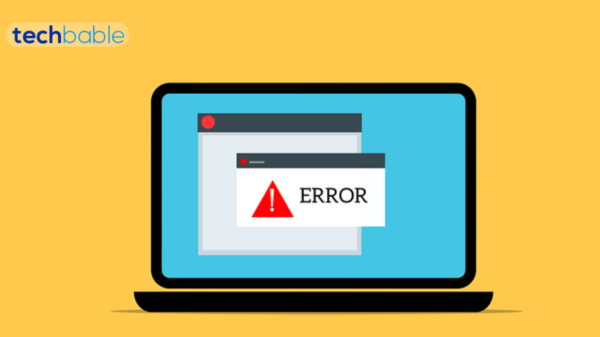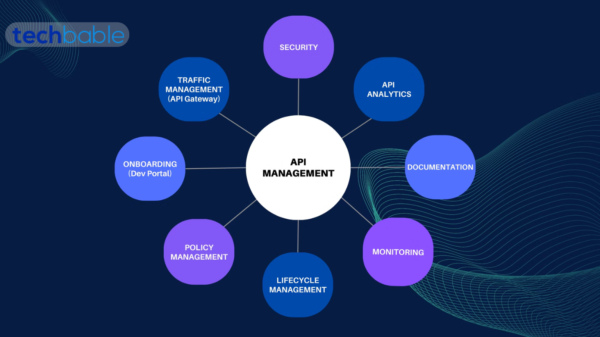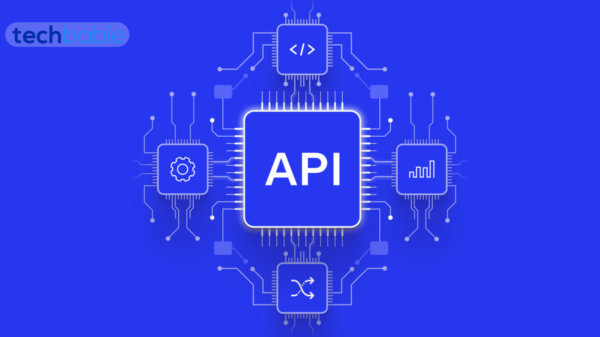Do you know the benefits of having a strong API monitoring strategy? APIs facilitate communication and data exchange between various software applications. They are the backbone of modern technology infrastructure, from mobile apps to web services. However, ensuring APIs’ smooth and efficient operation requires more than just their implementation. It necessitates a comprehensive API monitoring strategy that proactively tracks their performance, availability, and reliability.
Let’s discuss the myriad benefits of having a strong API monitoring strategy and how it empowers businesses and developers alike.
1. Enhanced Reliability and Performance
A robust API monitoring strategy acts as a vigilant guardian, continuously monitoring the health and performance of APIs. Organizations can promptly identify any deviations from expected behavior by tracking key metrics such as response time, error rates, and throughput. This proactive approach allows for early detection and resolution of issues before they escalate into major problems. As a result, businesses can ensure the reliability and availability of their APIs, thereby minimizing downtime and maintaining a seamless user experience.
2. Improved User Experience
A robust API monitoring strategy helps organizations deliver a consistent and high-quality user experience by ensuring that APIs meet service level agreements (SLAs) and performance expectations. Organizations can minimize latency and downtime by proactively monitoring and addressing performance bottlenecks, leading to faster response times and improved overall user satisfaction.
3. Proactive Issue Resolution
One key advantage of a robust API monitoring strategy is its ability to facilitate proactive issue resolution. Instead of waiting for users to report problems, organizations can leverage real-time monitoring tools to identify and address issues. Early detection allows for swift remediation before users are impacted, whether it’s a coding error, a server issue, or a network bottleneck. This proactive approach minimizes the impact of disruptions and reduces the burden on support teams by preventing a flood of user complaints.
4. Optimized Resource Utilization
Efficient resource utilization is essential for maximizing the performance and scalability of APIs. A robust monitoring strategy provides valuable insights into API usage patterns, traffic trends, and resource consumption. With this data, organizations can optimize their infrastructure allocation, scaling resources up or down as needed to meet demand. Whether allocating additional server capacity during peak traffic periods or optimizing database queries for improved performance, informed decision-making based on monitoring data enables organizations to make the most efficient use of their resources. This enhances API performance and helps control costs by avoiding unnecessary infrastructure expenditures.
5. Data-Driven Decision Making
A robust API monitoring strategy gives organizations a wealth of data regarding API performance, usage patterns, and trends. Organizations can gain valuable insights into user behavior, application performance, and system reliability by analyzing this data. This enables informed decision-making across various aspects of the business, from infrastructure optimization to feature prioritization. Whether identifying opportunities for improvement, predicting future trends, or mitigating potential risks, data-driven decision-making powered by API monitoring data enables organizations to stay ahead of the curve in a rapidly evolving digital landscape.
6. Compliance and Security Assurance
In an era of stringent data privacy regulations and growing cyber security threats, ensuring compliance and safeguarding sensitive information are paramount concerns for organizations. A robust API monitoring strategy is crucial in maintaining compliance with regulatory requirements and mitigating security risks. By monitoring for anomalies, unauthorized access attempts, and suspicious activities, organizations can quickly identify and respond to potential security breaches.
7. Seamless Integration and Collaboration
A robust API monitoring strategy ensures the smooth operation of these integrations by monitoring for compatibility issues, data consistency, and performance bottlenecks. Organizations can streamline workflows, improve productivity, and foster collaboration across departments and partners by proactively identifying and addressing integration challenges. Whether integrating with third-party services, connecting internal systems, or enabling cross-platform functionality, API monitoring facilitates seamless integration and collaboration, driving business agility and innovation.
8. Scalability and Future-Proofing
As organizations grow and evolve, the scalability and flexibility of their technology infrastructure become increasingly critical. A robust API monitoring strategy enables organizations to scale their API infrastructure efficiently to accommodate growth and changing demands. By monitoring for scalability bottlenecks, resource constraints, and performance degradation, organizations can identify opportunities for optimization and scalability enhancements. Whether horizontal scaling to handle increased traffic or vertical scaling to support additional features and functionality, API monitoring provides the visibility need to ensure smooth scalability without sacrificing performance or reliability.
9. Competitive Advantage and Innovation
A robust API monitoring strategy enables organizations to innovate rapidly by providing valuable insights into user behavior, market trends, and emerging opportunities. By analyzing API usage data, organizations can identify patterns, preferences, and pain points, guiding the development of new features and services that meet customer needs and differentiate their offerings from competitors.
Conclusion
In short, a robust API monitoring strategy is essential for maintaining APIs’ reliability, performance, and scalability in today’s interconnected digital ecosystem. By proactively monitoring key metrics and trends, organizations can ensure the seamless operation of their APIs, enhance user experience, and drive business success. From early issue detection to data-driven decision-making, the benefits of a robust monitoring strategy extend far beyond mere technical oversight.
































